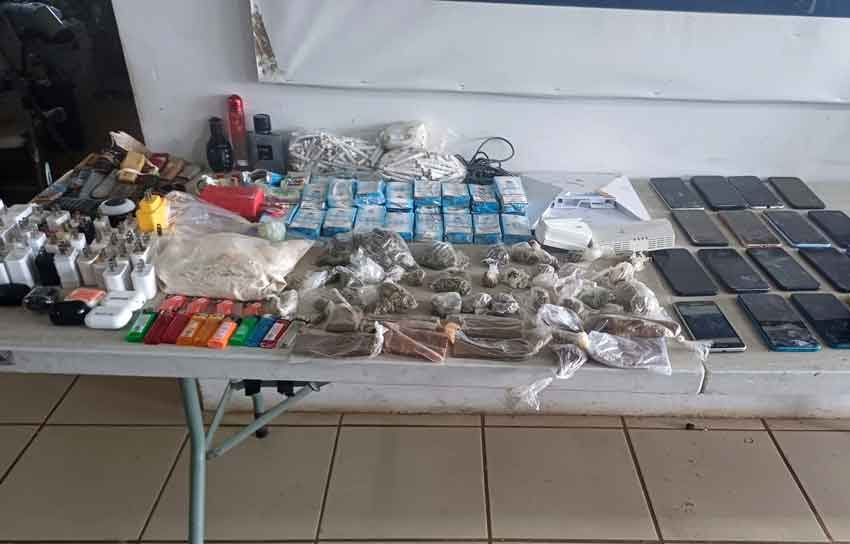Cuban migrant crisis continues in Panama

ON The DAY that a Chiriqui resident fed up with accumulating filth around his home, was videoed attacking a Cuban migrant tith a machete and only days after Panama and Costa Rica declared that the airlift of thousands of stranded Cuban migrants en route to the United States had been completed, another 1,000 Cuban migrants are on the Panama-Costa Rica border, according to an EFE news agency report.
“In Chiriqui, the province that borders Costa Rica, there are about 1,000 Cubans,” waiting to continue their journey northward, said Osiris Abrego, the program coordinator for Caritas International, a Catholic Church agency told EFE on Thursday March 17..
The Cuban migrant crisis exploded last Nov. 15 when Nicaragua, decided to close its border, claiming risks to its security and sovereignty, which caused almost 8,000 Cubans to accumulate in Costa Rica.
The Costa Rican government stopped issuing visas to the islanders in mid-December and said it was no longer able to admit any more people. As a result, some 1,000 Cubans were left stranded in Panama, forcing the Panamanian government to strike its own accord with Mexico to fly the migrants northward.
What at the time was believed to be the last of those Cubans – a group of 300 migrants – were flown from Panama to Mexico on a commercial flight on March 15 when Panama declared the airlift operation, of nine flights over three weeks, to be completed.
Now, however, it seems that the flow of Cubans has not ended. Meanwhile, conditions for the latest group of 1,000 migrants on the Costa Rica border are worse than those faced by the Cubans who came before them, as the Panama has ceased providing them with humanitarian aid, according to Caritas International.
The migrants also cannot be airlifted to Mexico, because the accord between Panama and Mexico applied only to the Cubans left stranded in Panama when Costa Rica stopped issuing them visas and does not apply to any new arrivals.
According to Caritas, not only is the Panamanian government not providing humanitarian aid, the government is attempting to dismantle their encampments.
T e director of Panama’s National Migration Service, Javier Carrillo, denied those claims and said that the migrants were being cared for.
“Of course we are helping them. Anyway, Costa Rica is causing the problem [by not issuing them visas], What can we do? We cannot force another country to receive foreigners,” Carrillo told EFE.
Cuban nationals receive preferential immigration status upon setting foot in the United States under the Cuban Adjustment Act, commonly known as the “wet foot, dry foot” policy.
But warming relations between the United States and Cuba have led to fears on the island that the policy may come to an end, sparking an unprecedented wave of Cuban migration that hasn’t been seen in decades.





